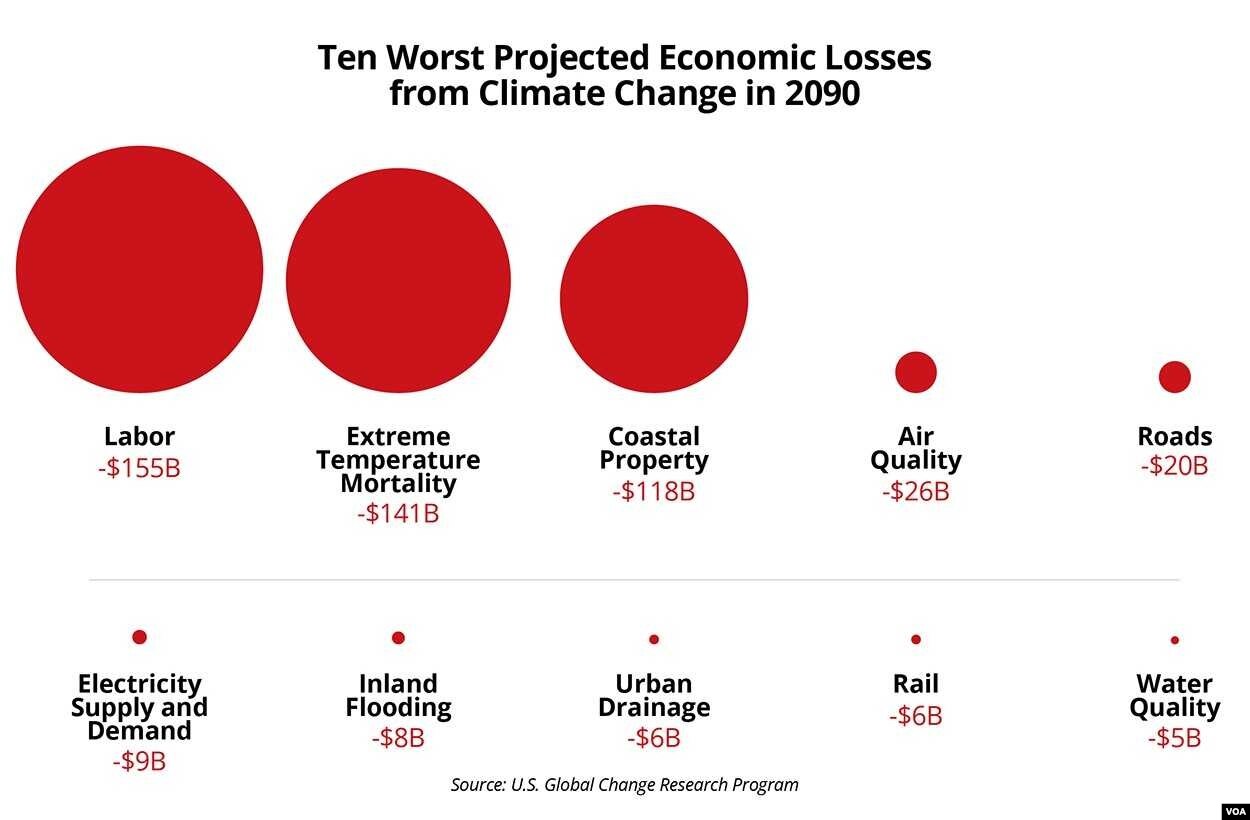Just because one sucks at the math part of the science does not mean that they "know nothing". 99.9999% of the world doesn't know squat about climate change models. And I'd bet that 100% of the politicians don't know squat also. Yet they are expected to make laws and regulations based on it. Here you are hollering at me yet trusting politicians to make "the right choice"?
Red:
....Then that percentage of the world has no business refuting, deriding and denying the legitimacy, predictive merits/demerits, accuracy and representational faithfulness of climate change models and the outcomes portended by them.
My objection isn't that folks/one doesn't know squat about "such and such." My objection and rancor goes to folks/ones who don't know squat about "such and such" and yet opine, proselytize, and remark upon "such and such."
Blue:
When they embark on a "journey" that will culminate in their having to legislate on "such and such" -- we in this line we're on are using climate change as the operative rubric, though fiscal policy, taxation, healthcare, environmental impacts of XYZ, etc. are interchangeable with it for yours and my current discursive theme -- it's very possible they know not squat about it.
Legislators, unlike most individuals, have cadres of extremely credible resources at their disposal, and those resources make it possible for pols, if they're willing to exercise intellectual integrity and rigor, to become in a matter of weeks become very well informed about a specific matter. The resources at their disposal include the myriad subject matter experts they call to hearings, their legislative and staff assistants who can review myriad scholarly research reports, the CBO (pecuniary matters), CRS (general research), industry leaders, and constituents.
As goes the specific matter of climate change and its rate and impacts as given by modelling, experimentation, and quantitative/empirical analysis, the so-called conversation about the fundamental truths of it -- it's extant, the nature and extent of it we today observe is etiologically anthropogenic and that absent material behavioral changes, it'll reach an unmitigatable point -- have long been understood and irrefutable. No politician who's doing his/her job should be so ignorant as to construe otherwise.
Pink:
The burden of a politician is not to make the "right" choice but rather to make the most logically sound, cogent and coherent choices given the body of sound/cogent information available to humanity.
I'm not a mathematician. If I recall correctly I've told you before that I'm horrible at economics, math is a part of that reason. I can do basic math. But I started flunking math when algebra entered the picture.
Basic physics, biology, and chemistry for instance is also a part of it. And in those I was actually very good.
How "basic" was it?
Something on this order?
I suppose there are some natural science classes one can take that don't require one to be any good at math; however, the coursework needed to imbue one with the skills and abilities needed to perform rigorous climate change analysis, research and methodological evaluations of others' work in that discipline vastly suprasses algebra, which is the math you marked the start of your failing math classes.
Moreover, it strains credulity that you were any good at all with "real" physics, as opposed to "physics for laymen (non natural scientists)" or children. To wit:
To the extent you took chemistry, biology and physics, I'm fine with accepting that you were good at it. But insofar as you were not and are not proficient in algebraic and higher math, whatever natural science coursework you completed did not imbue you with the skills and abilities needed to credibly critique the findings of climate scientists.



